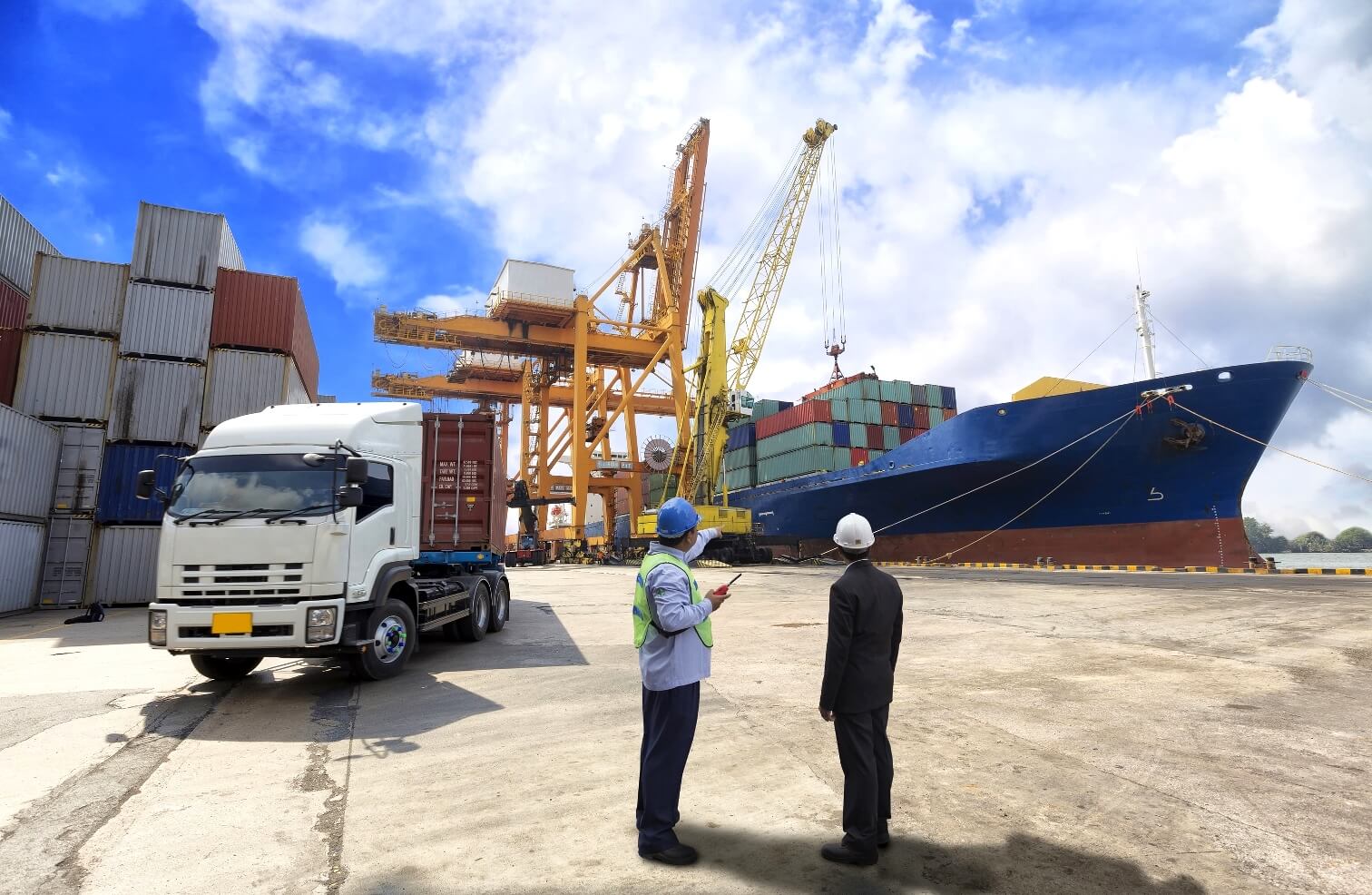
Logistics and supply chain management have always been essential aspects of any business. However, traditional supply chain methods often lead to inefficiencies and errors. In recent years, the use of digital technology has revolutionized the logistics industry, improving efficiency and accuracy in the process. One of the most significant developments in this area is the emergence of smart QR codes, which digitize passive data tracking. In this blog post, we will explore the concept of smart QR codes and how they are transforming the logistics industry.
What are Smart QR Codes?
QR codes (short for Quick Response codes) are two-dimensional barcodes that are commonly used for storing information such as URLs, product information, and contact details. They can be scanned using a smartphone or tablet with a camera and a QR code scanning app. The QR code scanner reads the code and displays the information stored in it.
Smart QR codes take this concept a step further by adding intelligence to the code. Unlike traditional QR codes, smart QR codes are capable of storing and transmitting information in real-time. This means that they can be used to track and monitor products throughout the supply chain, providing valuable data and insights to logistics managers.

The Benefits of Smart QR Codes in Logistics
Smart QR codes have numerous benefits for logistics companies. Here are some of the most significant advantages:
- Improved Productivity
Smart QR codes help to improve productivity by automating many of the processes involved in tracking and monitoring products. This means that logistics managers can focus on more critical tasks, such as optimizing supply chain operations.
- Enhanced Visibility
Smart QR codes provide enhanced visibility throughout the supply chain. This means that logistics managers can track products from the point of origin to the point of consumption, providing them with valuable insights into the efficiency of their operations.
- Real-Time Data
Smart QR codes provide real-time data, allowing logistics managers to make informed decisions quickly. This means that they can respond to issues such as delays or disruptions in real-time, minimizing the impact on the supply chain.
- Cost-Effective
Smart QR codes are cost-effective, as they can be used to track products throughout the supply chain without the need for additional infrastructure or hardware. This means that logistics companies can reduce their operational costs, improving their bottom line.
- Increased Security
Smart QR codes can be used to improve security throughout the supply chain. They can be used to track products and ensure that they are not tampered with or stolen. This means that logistics companies can minimize the risk of loss or theft, improving the security of their operations.
The Applications of Smart QR Codes in Logistics
Smart QR codes have numerous applications in logistics. Here are some of the most significant:
- Inventory Management
Smart QR codes can be used to track inventory throughout the supply chain, providing logistics managers with real-time data on the availability of products. This means that they can optimize their inventory management processes, reducing the risk of stockouts and overstocking.
- Quality Control
Smart QR codes can be used to track the quality of products throughout the supply chain. This means that logistics managers can identify any quality issues early on and take corrective action, improving the quality of their products.
- Traceability
Smart QR codes can be used to provide end-to-end traceability throughout the supply chain. This means that logistics managers can track products from the point of origin to the point of consumption, providing them with valuable insights into the efficiency of their operations.
- Authentication
Smart QR codes can be used to authenticate products throughout the supply chain. This means that logistics managers can ensure that their products are not counterfeit, improving the security of their operations.
- Predictive Analytics
Smart QR codes can be used to provide predictive analytics throughout the supply chain. This means that logistics managers can use data to predict future trends and make informed



;)
